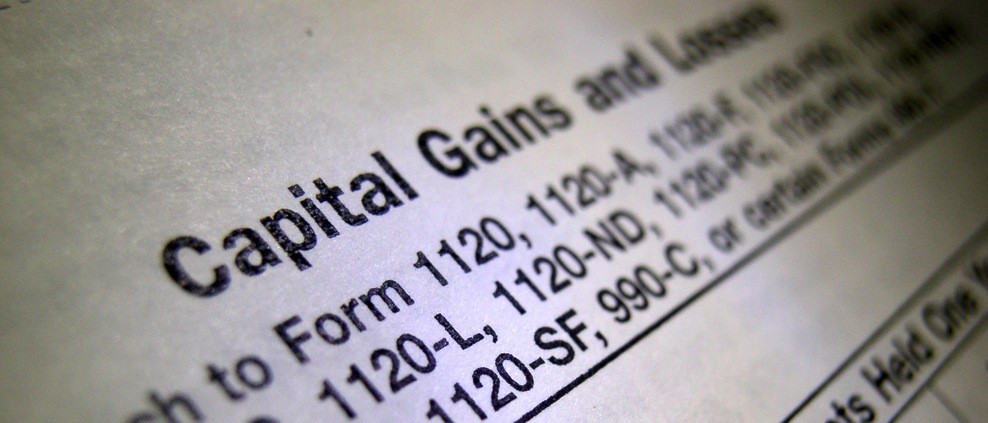Capital Gains and Losses
Post on: 16 Март, 2015 No Comment

Talk to a Local Capital Gains Tax Attorney
%img src=http://www.lawyers.com/
/media/Images/Item /%Almost everything you own is classified as a capital asset by the Internal Revenue Service (IRS). This includes your home, your car, your furniture, and your stock portfolio. If you make a profit from selling a capital asset, you may be required to pay capital gains tax on your profits. If you sell a capital asset at a loss, you may be able to write off your loss. You can only write off capital losses for investment assets, not assets you held for personal use.
Not All Capital Gains Are Taxable
If you make a profit by selling your primary residence, the IRS will not tax you on your capital gain if you lived in the home for at least two of the past five years and realized a capital gain of no more than $250,000, or $500,000 for a married couple. Capital gains must be reported on your personal income tax return, even if you owe no taxes on the amount.
Based on Your Investment in a Capital Asset
When you sell a capital asset, your capital gain or loss is measured by the selling price of the asset minus its basis. The price you originally paid for a capital asset is known as its cost basis. The adjusted basis is the figure used to calculate capital gains and losses, and it usually differs from your cost basis. Improving your property, for example, will increase its basis. Theft losses and depreciation deductions are examples of factors that can reduce your basis. The IRS applies detailed rules to calculate your basis.
Short-Term and Long-Term Gains and Losses

Capital gains and losses are classified as either short-term or long-term. You realize a short-term capital gain or loss when you sell or otherwise dispose of a capital asset that you held for one year or less. If you hold an asset for more than one year before disposing of it, your capital gain or loss is long-term. You pay ordinary income tax rates on net short-term capital gains. You pay a lower capital gains tax rate on net long-term capital gains, and you can subtract net short-term capital losses from this amount.
Capital Losses Can Be Carried Over
If your total short-term and long-term capital gains are greater than your total short-term and long-term capital losses, you can deduct all of your capital losses from your taxable income. Your deduction for capital losses is limited, however, if your total losses exceed your total gains. If your capital losses exceed this limit, you can take the amount of the capital losses you weren’t able to deduct this year and deduct it from next year’s taxable income. If you reach the limit next year, you can keep carrying over your losses to future tax years.
A Tax Lawyer Can Help
The law surrounding the taxation of capital gains and losses is complicated. Plus, the facts of each case are unique. This article provides a brief, general introduction to the topic. For more detailed, specific information, please contact a tax lawyer.














